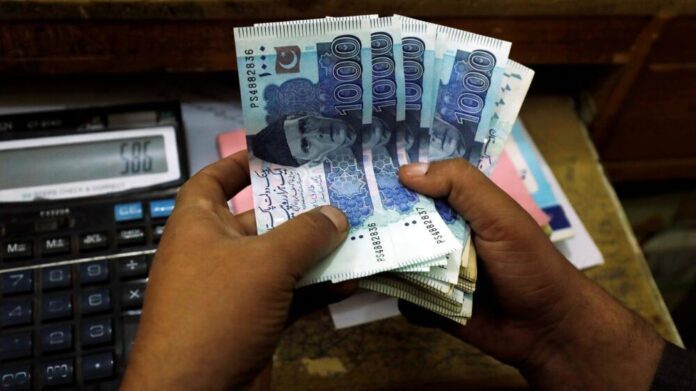In Pakistan, civil servants do not face a wage disadvantage as opposed to their private-sector counterparts. According to (Pakistan Institute of Development Economics) PIDE’s in-depth report on Civil Service Compensation: Incentives, Dissatisfaction, and Costs, the overall cost of a Grade 21 officer is calculated to be 12 percent higher than that of a UN national officer.
Housing, official vehicles, work protection, and medical allowances are among the in-kind benefits enjoyed by civil servants, which are worth billions of rupees. The government-owned houses have a minimum market value of Rs 1.45 trillion and can produce Rs 10.75 billion in annual rental income.
Regardless of monetization, the cost of using a government vehicle exceeds the basic salary of workers in BPS 20-22. Job protection adds 0.5 percent to 17 percent to the compensation.
Apart from the medical allowance, civil servants’ medical bills cost about Rs 2.3 billion per month. Since such benefits are unrelated to success and productivity, they are wasteful forms of compensation. According to the World Bank’s World Bureaucracy Indicators, public-sector salaries in Pakistan are 53 percent higher than private-sector wages.


